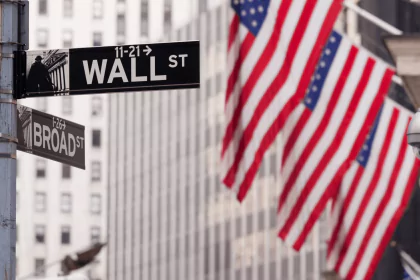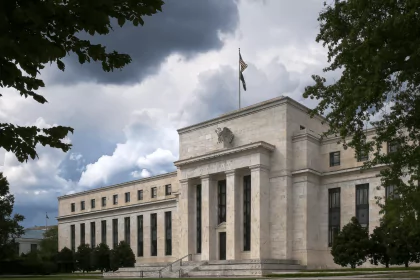In June 2024, a significant regulatory change emerged in the United States’ financial landscape, marking a pivotal moment for both consumers and service providers. The Consumer Financial Protection Bureau (CFPB) announced that Buy Now, Pay Later (BNPL) services are to be treated as credit card providers under U.S. law. This decision is poised to reshape the BNPL industry, ensuring that consumers receive the same protections as they do with traditional credit cards.
The CFPB’s new rule is a landmark decision that ensures consumers using BNPL services receive the same protections as those using traditional credit cards.
Richard Cordray, Former Director of the CFPB. The CFPB’s new rule, effective immediately, mandates that BNPL providers adhere to the same legal standards as credit card companies. This includes the obligation to provide billing statements, handle customer disputes, and issue refunds. This article delves into the implications of this regulatory shift, the reactions from the industry, and what consumers need to know to navigate this new landscape.
Understanding the Regulatory Shift
What Happened?
On June 1, 2024, the CFPB issued an interpretive rule that classifies BNPL services as credit card providers. This means that BNPL companies must comply with the Truth in Lending Act (TILA) and the Fair Credit Billing Act (FCBA). These laws were designed to protect consumers by ensuring transparency and fairness in credit transactions.
Why Now?
The BNPL sector has seen explosive growth over the past few years. Companies like Afterpay, Klarna, and Affirm have become household names, offering consumers an alternative to traditional credit cards. However, the rapid expansion of BNPL services has outpaced regulatory oversight, leading to concerns about consumer protection. The CFPB’s decision aims to close this gap by bringing BNPL services under the same regulatory umbrella as credit cards.
Implications for BNPL Providers
Compliance Requirements
BNPL providers must now provide periodic billing statements to consumers, detailing their transactions, fees, and outstanding balances. This ensures that consumers have a clear understanding of their financial obligations. Additionally, BNPL companies must investigate customer disputes and issue refunds when necessary. During a dispute investigation, BNPL providers must pause payment requirements, providing consumers with the same protections as credit card holders.
Operational Challenges
For many BNPL providers, this regulatory shift will require significant changes to their business models. Companies will need to invest in systems and processes to comply with the new requirements. This includes updating their customer service protocols to handle disputes and ensuring that their billing systems can generate detailed statements.
Industry Reactions
The BNPL industry has had mixed reactions to the new regulations. While some companies welcome the clarity and legitimacy that comes with regulatory oversight, others are concerned about the operational burden and potential impact on their business models. Klarna, for example, issued a statement acknowledging the need for consumer protection but expressed concerns about the implementation timeline and costs.
What This Means for Consumers
Enhanced Protections
Consumers using BNPL services will now benefit from the same protections as those using credit cards. This includes the right to dispute charges, receive refunds for returned items, and have transparent billing statements. These changes aim to create a more secure and transparent environment for BNPL users.
Managing BNPL Obligations
With the new regulations in place, it’s important for consumers to understand how BNPL services work and how they differ from traditional credit cards. Here are some key points to consider:
- Billing Statements: Consumers should carefully review their billing statements to ensure accuracy and understand their payment obligations.
- Dispute Resolution: If there is a problem with a BNPL transaction, consumers have the right to dispute the charge and request an investigation.
- Refunds: Consumers are entitled to refunds for returned items, just as they are with credit card purchases.
Key Takeaways and Future Outlook
The CFPB’s decision to regulate BNPL services as credit card providers represents a significant step forward in consumer protection. As BNPL companies adapt to these new requirements, consumers can expect greater transparency and security when using these services. However, the industry will need time to fully implement the necessary changes, and ongoing oversight will be crucial to ensure compliance.
While we support efforts to enhance consumer protection, the implementation timeline and associated costs present significant challenges for BNPL providers.
Sebastian Siemiatkowski, CEO of Klarna As the BNPL market continues to evolve, it will be important for consumers to stay informed about their rights and responsibilities. By understanding the implications of these regulatory changes, consumers can make more informed decisions and better manage their financial obligations.
For more information on BNPL services and consumer protections, visit the CFPB’s official website: CFPB – Consumer Financial Protection Bureau.












